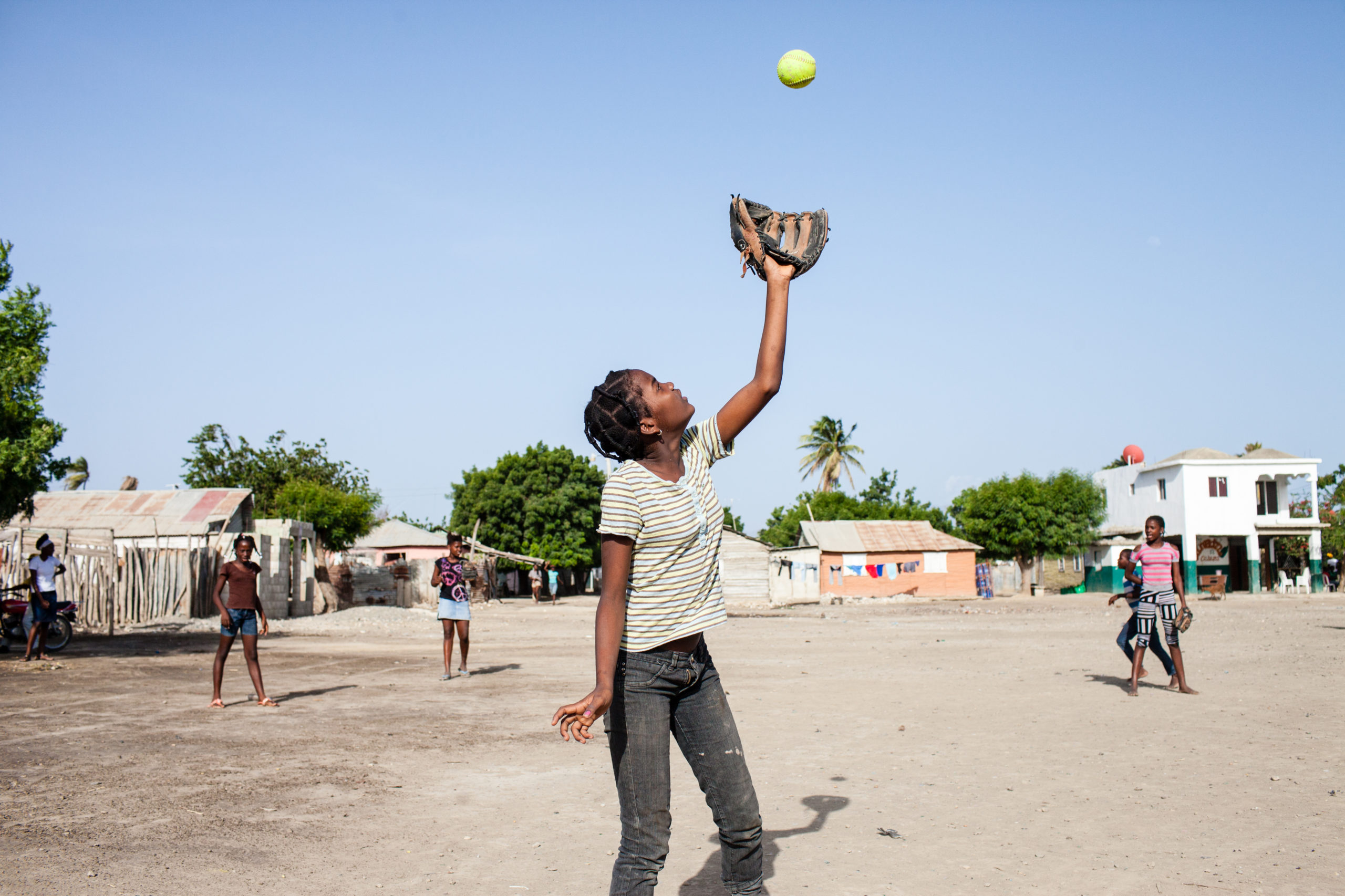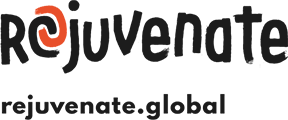The Rejuvenate ‘Living Archive’ forms the basis of what we hope will become a resource hub for those working at the intersection between child/youth-led work and social change work.
In compiling the archive, we drew from existing practitioner and academic literature, field experts and exemplary projects. The archive includes information and links to projects, organisations and literature from children’s and youth geographies, the sociology and anthropology of childhood and youth, education, and international development. All of these elements come together in what we are calling a ‘Living Archive’, an evolving and growing database of projects, resources, organisations and people.
Living Archive
Content Type
Country
Region
Theme
resource
The Growing Up in Cities Project: Global Perspectives on Children and Youth as Catalysts for Community Change
The United Nations Convention on the Rights of the Child contains a set of “participation clauses” which are leading members of development agencies, municipal offices, and community organizations to incorporate […]
Learn Moreresource
Young People, Media and Personal Relationships
This report is based on a research project entitled ‘Young People, Media and PersonalRelationships’, which was conducted by the authors between June 2001 and July 2003.The project was funded by […]
Learn Moreproject
¿Cuál es la verdad?
This project focuses on Quibdó, the capital of Chocó in the Colombian Pacific: a remote area disproportionately affected by armed conflict and home to mainly Afro-Colombian and indigenous populations who […]
Learn Moreresource
Children and Young People’s Participation (CYPP) Training Workshop Guide
This manual is designed to support organisations to promote children and young people’s participation and inclusion in project planning, implementation and evaluation.
Learn Moreresource
A Quality Education for All: A History of the Lao PDR Inclusive Education Project 1993-2009
The Lao People’s Democratic Republic Inclusive Education Project started in 1993 and during a 16-year period, ending in May 2009, it aimed to support the participation of all children in […]
Learn Moreresource
Young People’s Participation in Fiji: Understanding Conceptualizations and Experiences
Young people’s participation has become a cliché in western democracies. In the case of Fiji, it is a novel concept, not because young people have not participated before but because […]
Learn Moreproject
Good to be Me
Brighton and Hove City Council in the United Kingdom has implemented a Personal, Social, Health and Economic (PSHE) Education Programme of Study to complement the UK Department for Education’s national […]
Learn Moreorganisation
Child Frontiers
Child Frontiers is a consulting company that promotes the care, well-being and protection of children. They provide a comprehensive package of services to development and humanitarian agencies. Their portfolio of […]
Learn Moreresource
Degrees of Participation: A Spherical Model the Possibilities for Girls in Kabul, Afghanistan
This is chapter 2.1 in the book Stepping Forward which addresses whether and how to involve girls in programmes for which their participation may be dangerous for them or their […]
Learn Moreresource
From Play to Participation: Including Children in The Process of Development: A Report on The Findings of a PLA Project with Children in India
This is a draft report of research carried out with children’s club members in India which was designed to examine approaches and methods to effectively listen to children’s voices and […]
Learn MoreBlog Post
The invisible role of ‘time’ in realising girls’ right to education
Rachel Booth reflects on the time and space needed for girls’ eduction projects to thrive
Learn Moreorganisation
Endurance Youth Association
Endurance Youth Association (EYA) is a not-for-profit membership based Ethiopian resident charity established in 2004. EYA works with beneficiaries ages 18-35 that it defines as “Opportunity Neglected Youth” (ONY), or […]
Learn More





